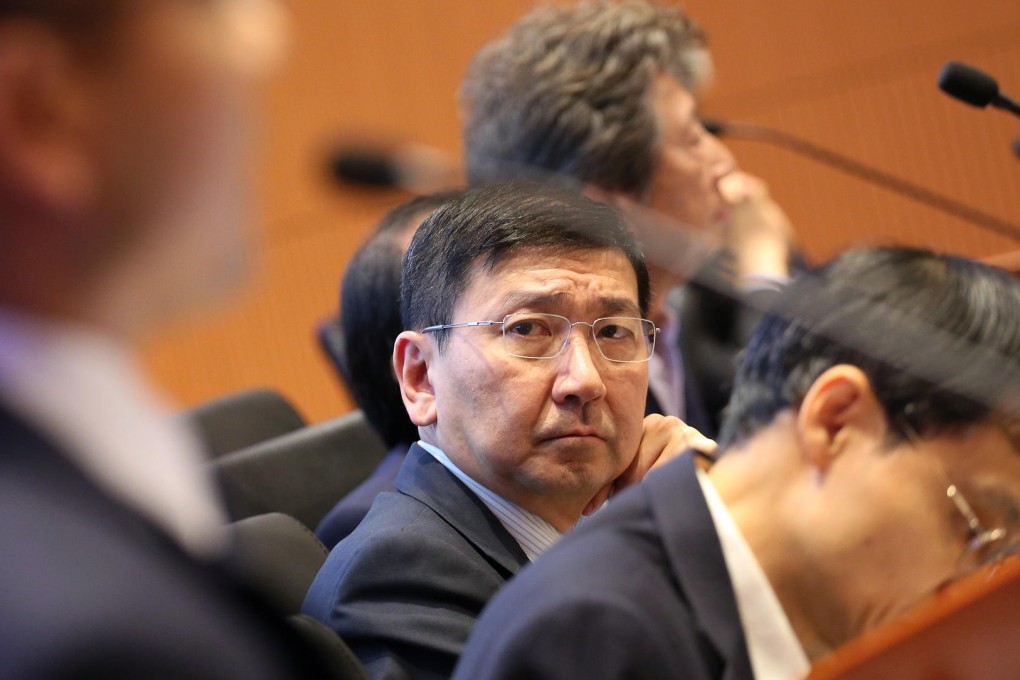HKU appointment row is a proxy war waged not for the university's benefit
Philip Yeung says though the appointment row has raised legitimate questions about the extent of academic freedom, the issue has sadly been hijacked by politics

By any standards, it was the ugliest scene in local higher education history. One council member of the University of Hong Kong was down on the floor, clutching his knee in pain. Another, female and helpless, was hemmed in and hassled in the car park by militant students, and had to be rescued by an ambulance - all this mayhem in the name of protecting the university's procedural integrity over the appointment of its pro-vice-chancellor.
They say they are fighting for the soul of the university, but it is more like round two of Occupy Central. The episode is but a tug of war between pro-establishment and anti-establishment forces.
To vocal activists, the council's delay in appointing Johannes Chan Man-mun as pro-vice-chancellor is a naked assault on academic freedom. But what exactly is "academic freedom"? According to the widely accepted "1940 Statement of Principles on Academic Freedom and Tenure" of the American Association of University Professors, academics, while enjoying the freedom of inquiry, should avoid controversy that is unrelated to their field of study.
But is academic freedom a carte blanche to engage in extramural political activities? Where does academic freedom begin and social or political activism end?
In Hong Kong, academic freedom is further protected by the Basic Law. But is academic freedom a carte blanche to engage in extramural political activities? Where does academic freedom begin and social or political activism end?
Most university administrators treat social activists on their campus gingerly, wary of upsetting a hornet's nest. Academics who have crossed the threshold of intellectual dissent into messy social protests often enjoy a Teflon-coated immunity. Their celebrity status makes them virtually untouchable. I cannot recall any politically active scholar getting sacked, save for one demoted for plagiarism, but that was for an academic sin.
No one will forget HKU's other famous case involving academic freedom. In 2000 the chief executive's personal assistant was accused of approaching the vice-chancellor to discourage the pollster Dr Robert Chung Ting-yiu from conducting opinion polls that were unflattering to the government. That case ended with both the vice-chancellor and the pro-vice-chancellor stepping down. Then in 2007, another high-profile case shook the government, claiming the scalp of Fanny Law Fan Chiu-fan, the permanent secretary for education, who stood accused of demanding the firing of two academics from the Hong Kong Institute of Education who were critical of government policies.
This time, with its appointees in council, the government has wisely adopted a once-removed approach to the controversy. But everybody knows this case is a spillover from a protest movement that has embarrassed the SAR and central governments.